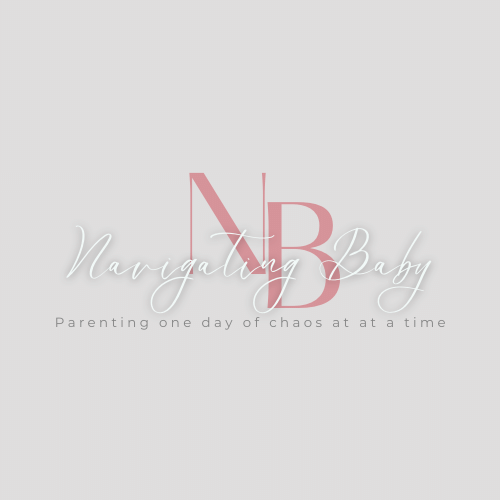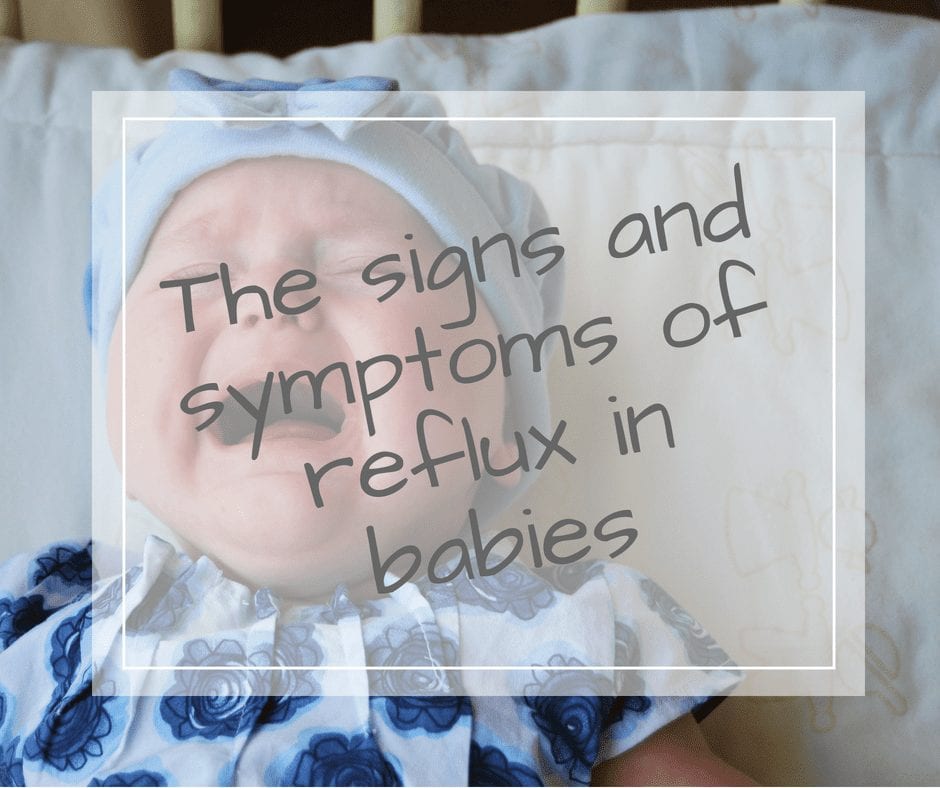Reflux Symptoms Baby: The Signs Every Mum Should Know
POST CONTAINS AFFILIATE LINKS
Infants often experience reflux throughout their first months of life and it is not always something to worry about, but what should you look for? Reflux can be painful and frustrating for the baby and parents. As parents, we want to fix whatever problems our child is facing, and we want to take away their pain. Infants with reflux can experience pain, spit up large amounts of their milk, and struggle to sleep well.
Every parent needs to know the signs and symptoms of reflux in babies. Knowing the signs allows you to approach your caregiver sooner if a problem is persisting in seeking help.
What Causes Reflux in Babies?
A poorly coordinated gastrointestinal tract typically causes reflux. Babies with reflux are otherwise healthy, but some children have an immature digestive system. Most babies outgrow reflux by their first birthday.
Acid reflux occurs when the contents of your child’s stomach back up into their esophagus, which is the tube that carries food from the throat down into the stomach. The lower esophageal sphincter (LES) sits at the bottom and opens when you swallow. However, the LES doesn’t close completely with reflux, allowing contents to come back up.
Infants tend to have a weak or underdeveloped LES. More than half of all infants will experience acid reflux, but the degree in which they experience differs.
Signs and Symptoms of Reflux in Infants
These are the most common signs for parents to know.
- Frequent Spitting Up: Most infants spit up to some degree, but forceful spit up can be a sign of reflux. In most cases, it is painless. Babies spit up and continue to smile, but if your child is noticeably in pain as he spits up, reflux could be to blame.
- Wet Burps or Hiccups: A wet burp or hiccup is when your child spits up liquid when he burps or hiccups. It is another sign that your child has acid reflux. The child may swallow the liquid down again, or it may come out of the sides of his mouth.
- Persistent Coughing: An infant with frequent coughing might experience frequently reflux. The regurgitated food might be inhaled into their lungs and windpipe, leading to bacterial pneumonia. Asthma can also develop due to acid reflux.
- Refusal to Eat: Babies quickly associate pain with feedings when they have reflux, so your infant may refuse to eat. The child may experience irritation that occurs when their milk comes back up into their esophagus with each feeding.
- Choking or Gagging: If you’ve experienced reflux as an adult, you understand the feeling of choking or gagging as the stomach contents flow up the esophagus. Gravity does help keep contents downwards, so remember to hold your child upright after feedings.
- Disturbed Sleep: Most infants with reflux struggle to sleep through the night or sleep well at all. Parents can try to feed their baby an hour before bedtime, giving their stomach plenty of time to settle the food down fully.
- Arching Back: Some infants may arch their body during or after a feeding. Doctors aren’t positive about the reasoning behind this sign, but they believe it is due to the burning sensation in their esophagus. However, abnormal arching can also be a sign of a neurological problem, so be sure to discuss this with your pediatrician.
- Colicky behavior such as frequent crying or fussiness with feeding or immediately after: Is your infant displaying irritability during feedings? If so, this behavior is caused by abdominal discomfort or esophageal irritation.
- Failure to Gain Weight: Because the infant may spit up large quantities of his feeding, some babies experience weight loss or failure to gain weight. It also can be caused by poor feedings due to the discomfort the child is experiencing. This sign requires immediate action on the part of the parent and doctor.
Treatments for Reflux Symptom Baby
Thankfully, most infants will outgrow reflux, but that doesn’t give parents comfort when their child is noticeably upset. Until your child reaches the age when reflux subsides, try some of these methods to reduce the symptoms.
- Elevate the head of your baby’s crib or bassinet (check latest safe sleeping advice for acceptable methods)
- Hold your child upright for 30 minutes after a feeding
- Use a bottle with anti-colic feature to reduce the amount of air swallowed, which can cause more stomach problems.
- Feed smaller amounts on a more frequent basis
For difficult cases, your doctor may prescribe medication to ease your child’s discomfort. Medication typically is only prescribed for a child who is struggling to gain weight or is in a lot of discomfort.
If you believe that your child has acid reflux, speak to your pediatrician soon. Together, you can come up with a plan to ensure your child continues to thrive and enjoy eating. Over time, the symptoms will subside, but continue to try different treatments to ease any pain.
——————————–
About the Author
Hi! My name is Veronica Mitchell. I am a mother to two adorable little girls and a handsome little boy. I spend my days caring from my children, packing lunches, reading aloud, kissing boo-boos, and working as an Editor of Myparentingjourney.com






Our second had awful reflux and intollerances. It WAS very hard work. I remember looking for help/advice online all the time. This will be gratefully received by many, I’m sure!
Thanks Stacey
my baby felt uncomfortable EVERY TIME she was fed in her early months.Don’t know whether it is for acid REFLUX or not.She liked to vomit after taking milk.
It certainly could have been. 3 out of 4 of my kids had reflux. It wasn’t fun!
I never thought about it, it’s interesting to read
Thanks for commenting
Thanks for your content it help, My little ones bite sometimes so Feeding Bottles help.